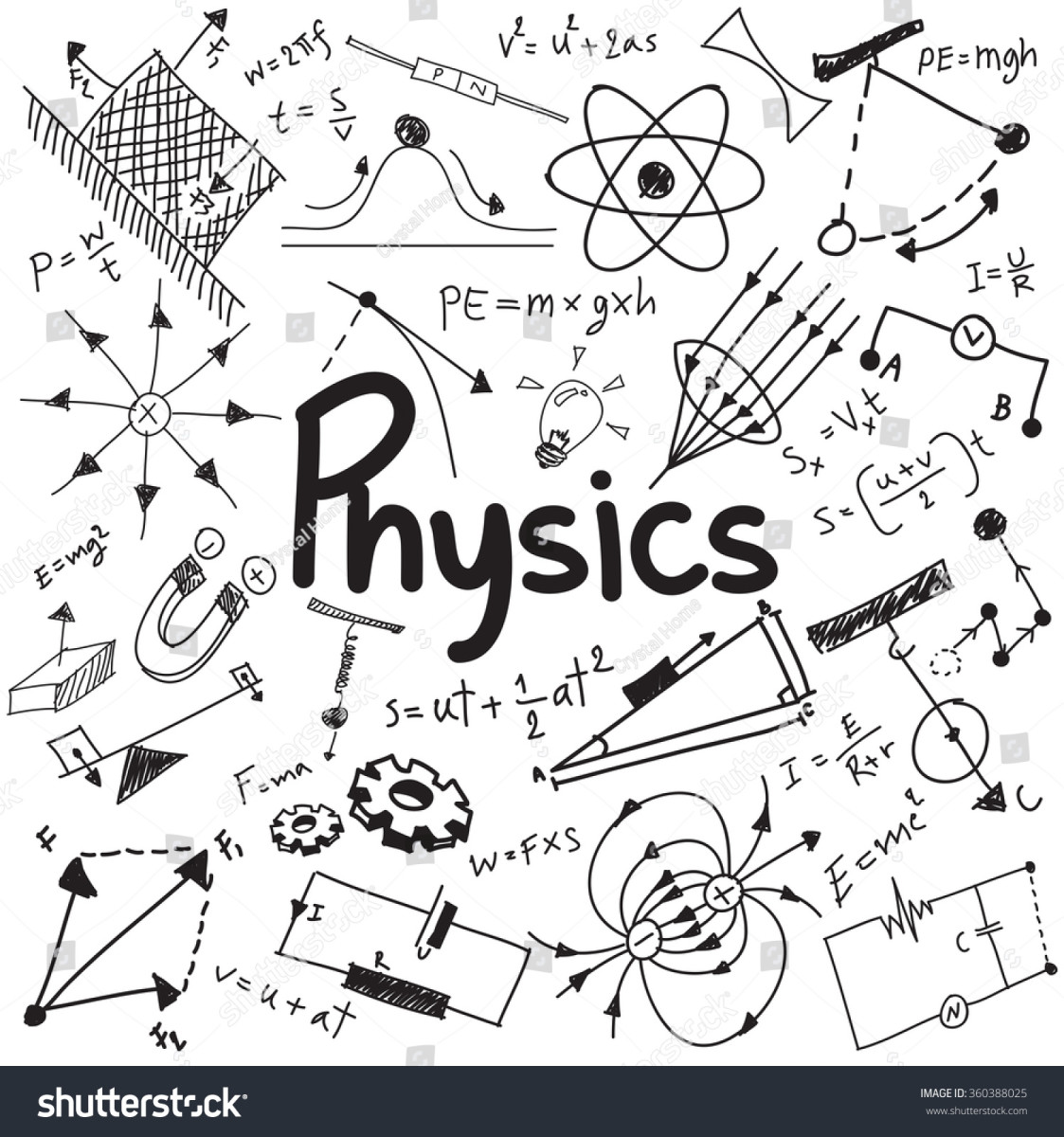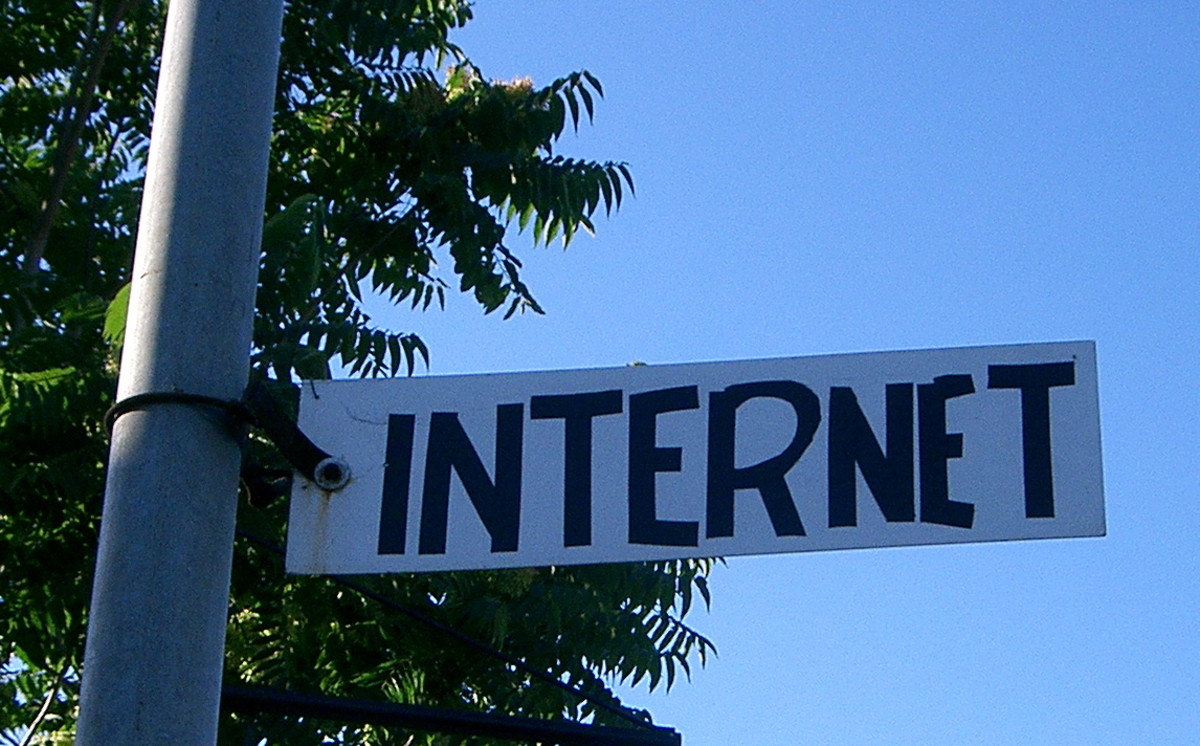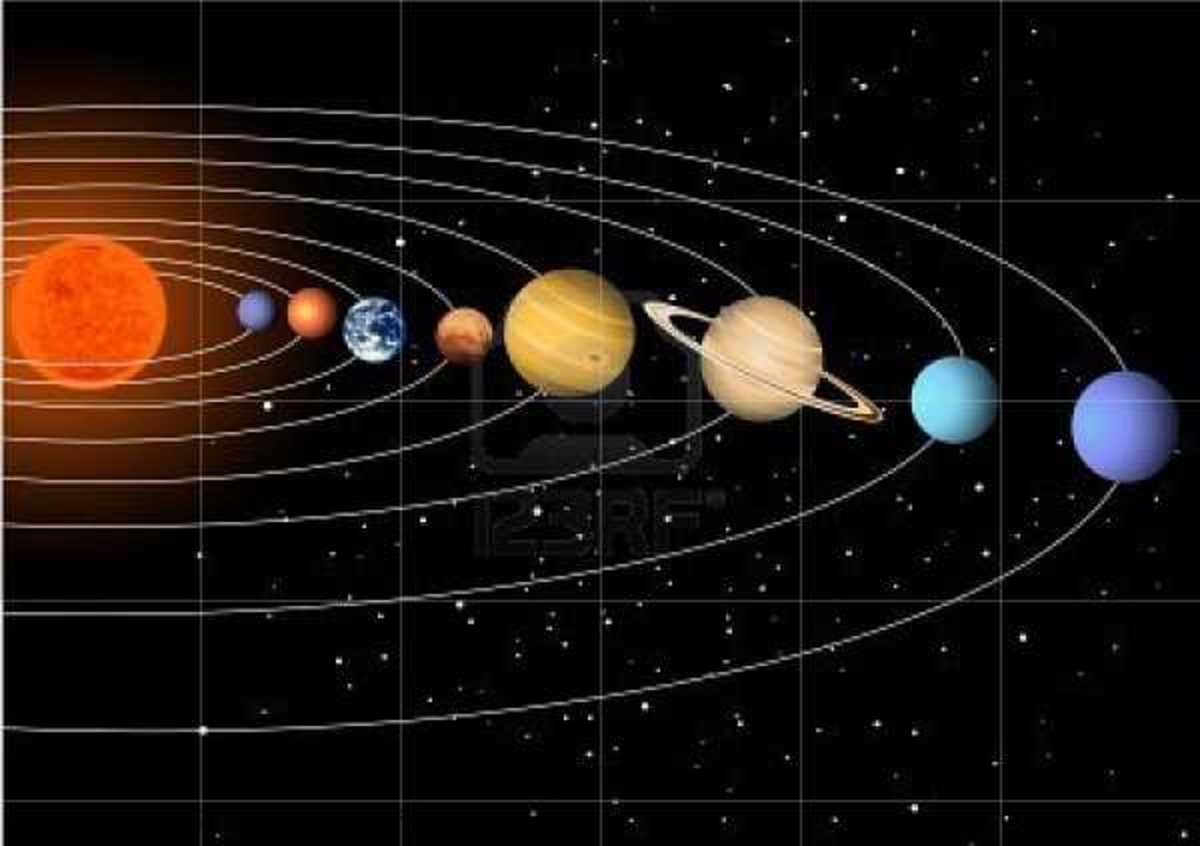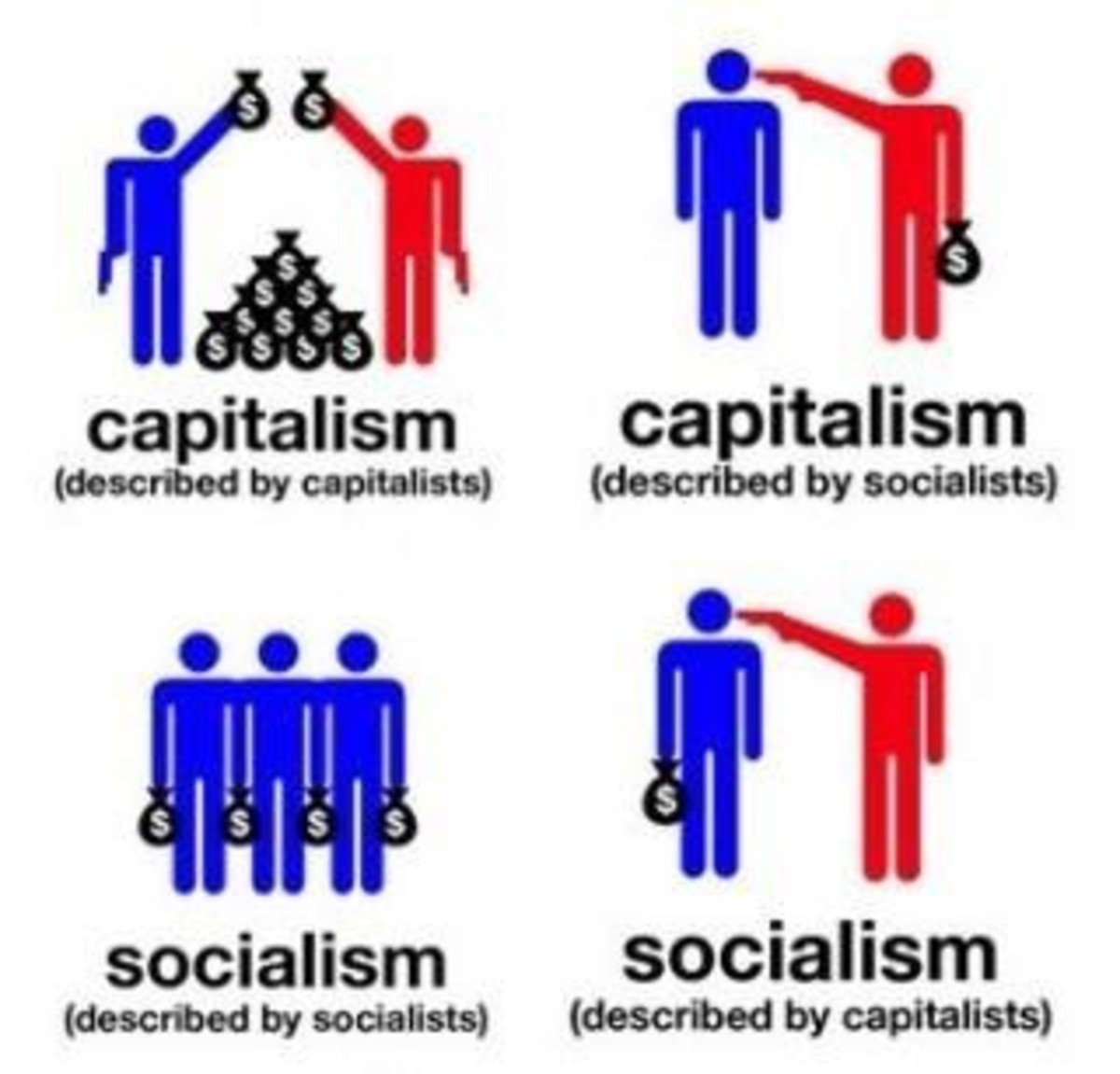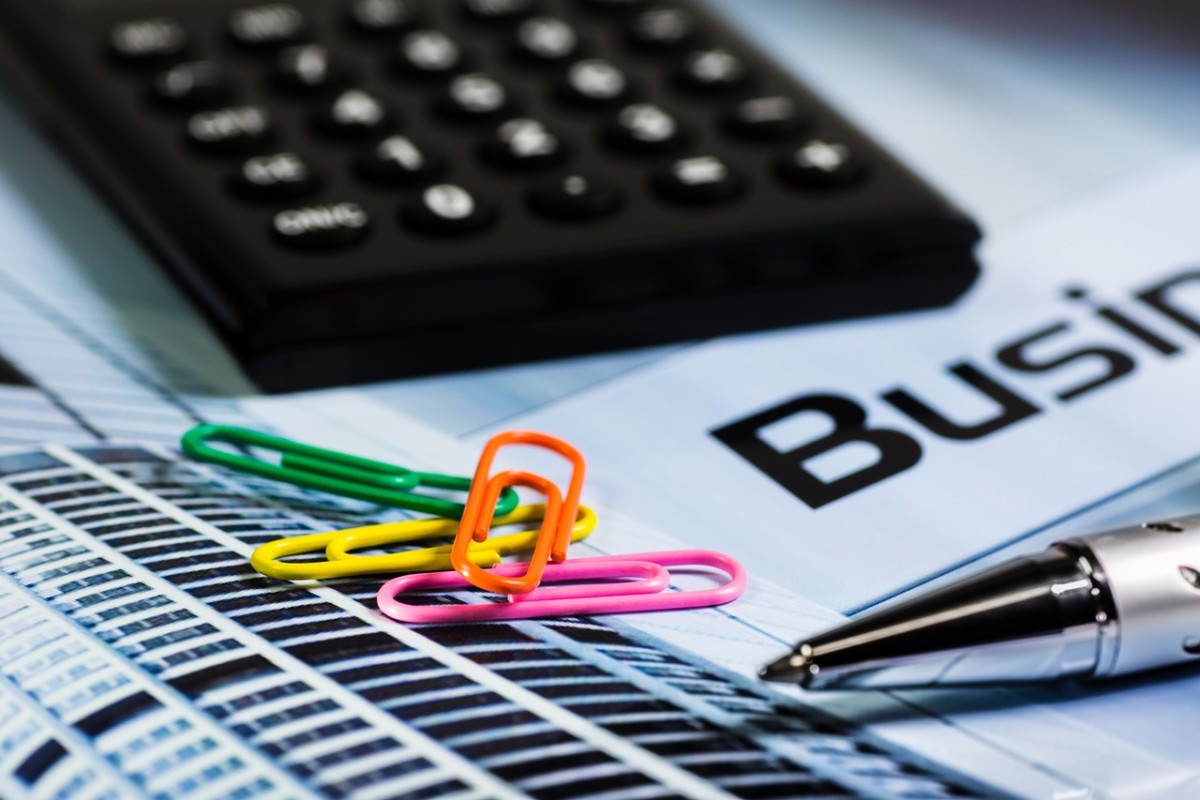Economics 101 As If Your Life Depend On It
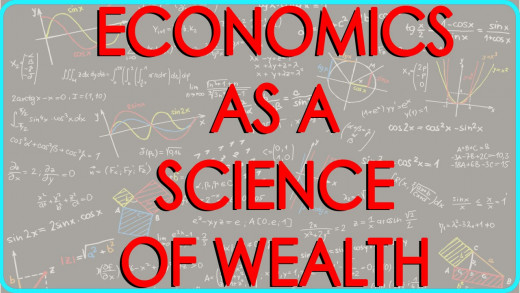
Introduction
It seems to me economic knowledge in our current society is on the wane. People do not have a good understanding of how economy works. They don't understand money and they don't see the connection between wealth and safety. This article is an attempt to explain it in simple terms so even a child could understand.
This is the first of a series of tutorials.
- April 2020
Background
Economics is a pseudo science. Unlike mathematics, or physics or chemistry, which are precise and government by laws, equations and formulas. Economics is more like psychology, imprecise but follow general principles.
My title of this article is provocative. Your life does depend on a good understanding of our economic system. Not life or death but more like a good rich life versus a poor miserable one.
In our capitalistic system, the economy is the engine that move us forward and upward. Our government is formed and designed to promote commerce. Commerce is the trading of goods and services. The better the commerce, the more prosperous our country will be.
Without commerce, we would be living like the stone age.
We have a system that was established from our founding as a nation and this system was revised and improved upon over time. This system includes banking, printing of money, a Federal Reserve, taxation, SEC and the stock market...
What is Money?
Fundamental to our system is money. Money is a piece of paper or a coin. It is a promissory note that our government will back up and support. It allows people to exchange it without being defrauded.
When you come right down to it, money is a measure of your labor. When you go to work, and perform some service, your labor is rewarded with your wage. The amount is determined by the value of that work. Obviously, a higher skilled work will demand a higher salary.
When you earn money, you are using your labor to exchange for it. When you spend money to buy something, you are spending a part of your labor that was accumulated.
Before the invention of money, people bartered. They would exchange products or labor with another to get what each wanted. It was very inefficient.
Money is labor.
What is Taxes?
Taxes is a form of money. It is the part of your income that is paid to our government for some basic essential services. We need a national defense, and other services like the police and post office and interstate roads and bridges and we need various agencies to maintain order and insure a level playing field.
The balance between your net income and taxes is a constant debate. What percent of your income should go into these government services? In an ideal system, the lower the taxes, the better is for everyone. That is because the dollar you spend is generally better used than the dollar paid into taxes.
Your dollar goes back into the economy by either consumption or investments. When you consume, you are creating commerce. When you invest, that money is used to fund new business ventures. Either way, it is put to work.
When that same dollar is paid to the government, it is consumed and spent for various programs. It is also creating some commerce after the bureaucratic overhead. It is never invested. That is the difference.
The Laffer curve was created by Art Laffer, an economist back in the Reagan Administration. It shows a simple relation between revenue and tax rates.
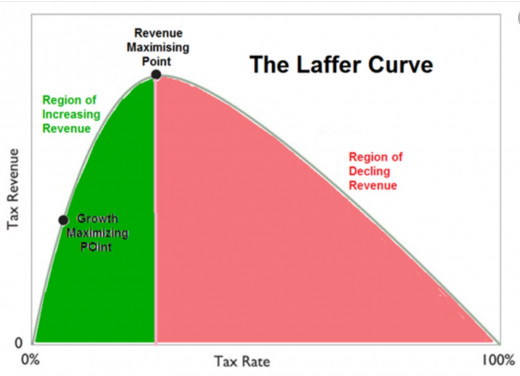
The Velocity of Money
A dollar may not be the same as another dollar. For example, if you take a dollar and put it under your mattress, it is not the same as if you deposit it in a savings account at your bank or if you went out and buy a pack of gum.
The reason is a concept called the velocity of money. This has to do with how frequent that dollar is turned over. A low velocity would be when you place the dollar under your mattress. A higher velocity is when you spend it on a consumer good like a pack of gum. That money goes to help the company that makes the gum stay in business or even grow. A even higher velocity may occur when the dollar is saved in a banking account where it is then loaned out to help another person buy a car or a house.
To keep an economy thriving, we want that velocity to be high. Every time money is turned over, it is put to work to grow. This benefits society and government.
Summary
This is an introduction to economics. I hope it is clear and more lessons are coming to dig a little deeper. There are many layers and understanding economics is crucial to our success individually and as a country.
Terminology...
Here are some terminology on this topic. They will come up in our discussions.
- economy
- money
- labor
- taxes
- capital
- banking
- investment
- stock market
- interest rate
- debt and deficits
- inflation
- recession
- boom
- time
- rate of change
- business cycle
A Simple Poll
Did you find this article useful?
This content is accurate and true to the best of the author’s knowledge and is not meant to substitute for formal and individualized advice from a qualified professional.
© 2020 Jack Lee

